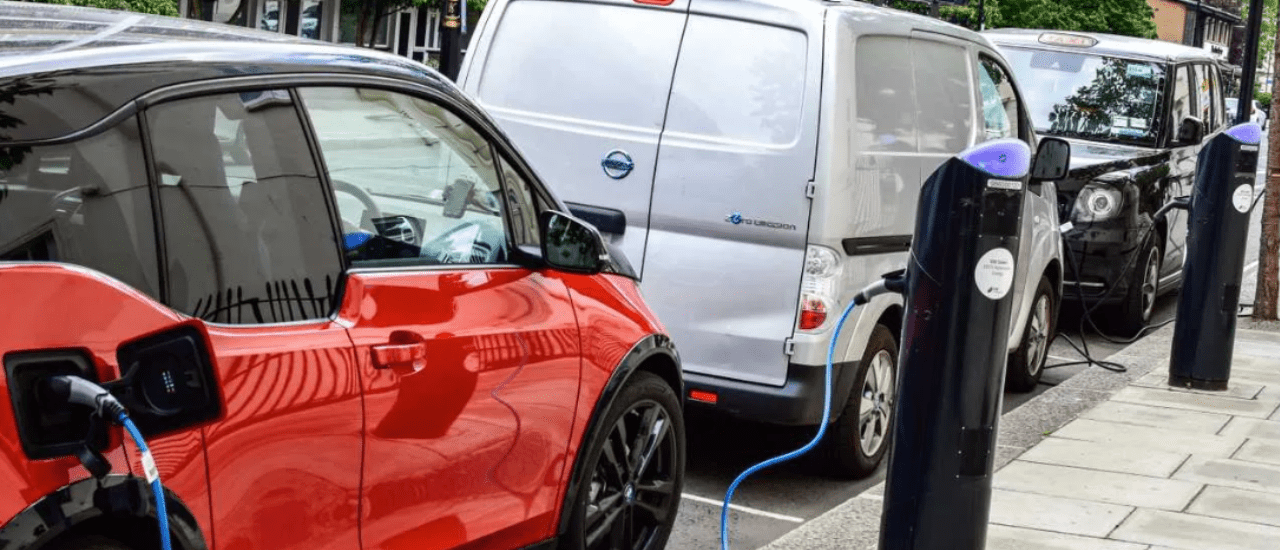
How to charge an electric car with no driveway?
One of the major questions about buying an electric car is: how am I going to charge it if I don’t have a driveway at home?
The number of electric cars on the road has boomed in recent years, and so has the demand for ways to charge them. Many owners charge their electric cars from home via a wall box charger on their driveways.
But one-third of houses in the UK lacks a driveway to leave their car charging and those in flats will struggle to park outside their property long enough to charge the car.
Some options for charging an electric car without a driveway could include:
- The public charging networks
- Charging while at work
- On-street residential ChargePoint scheme
- Street charging
The Public Charging Networks
The public charging network is growing across the UK, with over 30,000 charging points now available. Also, with the ban on the sale of new petrol and diesel vehicles fast approaching in 2030, the public charging network will inevitably become just as widespread as petrol and diesel fuel stations. Therefore, it is more convenient to keep your vehicle topped up (it is recommended to keep the battery charged between 50 and 80 percent to prolong its life).
Even though you are less likely to have a driveway in places with higher population density, this is also where the most public charging points tend to be. Public charging stations tend to charge your car quicker than home charging with fast, rapid, and ultra-rapid charging for compatible cars.
With the infrastructure for electric cars continually expanding, it’s easier for customers to shop around. The fastest chargers can be quite expensive, particularly around the motorway network. On the other hand, electric cars are significantly cheaper on a cost-per-mile basis than refueling a petrol or diesel car, so EV owners should save on running costs even if they are forced to rely on public chargers.
Charging while at work
Businesses can receive financial support from the government, in the form of a Workplace Charging Scheme. Through this scheme, businesses wanting to install charging stations for colleagues can reduce the cost by up to £300 per socket, up to a maximum of 20 sockets.
With the rise in popularity of working from home, it also offers an incentive for employees to return to the office. It makes sense to charge your car while you’re busy so it’s ready to go by the end of the working day.
Workplace chargers tend to be similar in power and charging time to those found in homes – so around 3kW and taking around eight hours to fully charge.
On-Street Residential Charging Scheme
If you’re considering an electric car but do not have a driveway, it is best to contact your local authority to find out plans to install on-street residential charging points.
The government’s grant for installing public access charging points has been made available to local authorities. Here are a couple of different options available for local authorities:
- Charging points could be installed into lamp posts
- Free-standing or pillar units could be added to the curb
- Telescopic charging points that retract into the pavement
It’s true that a typical EV still takes longer to charge than refueling a petrol or diesel car, but this solution allows owners of electric cars to top them up while they’re parked.
Street Charging
Although charging with a cable running from your house to your car outside is not technically illegal, it’s not advisable for several reasons. This is because you are responsible if a pedestrian was injured as a result of tripping over your cable, so it’s best not to take the risk. Even though it’s possible to charge an EV through a traditional three-pin socket in your home, it is not recommended given the risk of fire and extremely slow charging speeds.
However, if you’re determined to charge your car across the pavement, make sure you have an extension lead and an anti-trip cover over the cable.
The Electric Vehicle Home charge Scheme (EVHS) was replaced in April 2022 by the EV ChargePoint Grant. The grant contributes up to 75% of the cost of a home ChargePoint or wall box to a cap of £350 – this was previously available to owners of electric vehicles with a house but is now only available to EV owners living in rented accommodation or a flat. Crucially, however, the owner must have ‘dedicated off-street parking at their property. So, it’s not available to homeowners without private parking who are hoping to run a cable out to the street from their wall box.








